Fitness and Health In an age where our lives are increasingly dominated by screens, stress, and sedentary routines, the importance of fitness and health has become more vital than ever. Staying active and maintaining a balanced lifestyle not only helps prevent chronic diseases but also enhances our mental clarity, energy levels, and overall well-being. Whether your goal is to lose weight, build strength, or simply feel better in your daily life, understanding the fundamentals of fitness and health is the first step toward lasting change. This guide will explore how a commitment to physical activity, proper nutrition, and mental wellness can transform your life for the better.
Fitness and Health: A Complete Guide to Living a Healthy and Active Life
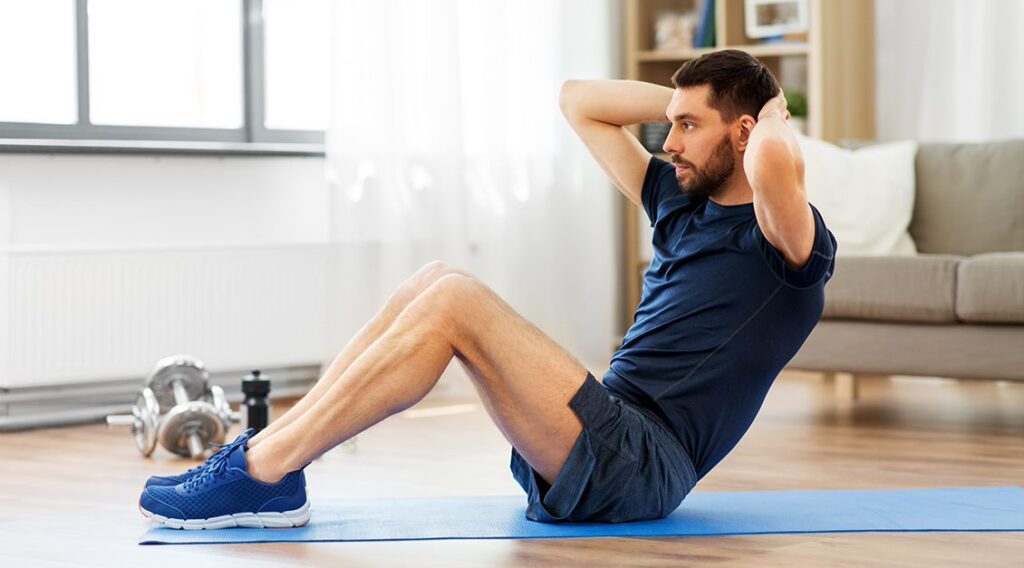
In today’s modern world, where sedentary lifestyles, processed foods, and constant stress dominate our routines, the importance of fitness and health has never been more critical. Whether you’re aiming to lose weight, build strength, boost energy, or simply live a longer, happier life, understanding the connection between physical fitness and overall health is essential.
This comprehensive blog post explores the meaning of fitness and health, why they matter, and how you can integrate them into your daily life to experience lasting transformation.
What is Fitness and Health?
Before diving into tips and strategies, let’s define the terms:
Fitness refers to your body’s ability to perform daily activities efficiently without fatigue. It involves physical strength, endurance, flexibility, and body composition.
Health is a broader term encompassing physical, mental, and emotional well-being. Being healthy means not just the absence of illness, but also having the energy, mood, and strength to live life to its fullest.
Fitness and health go hand in hand. You can’t truly be healthy without being physically active, and vice versa. A strong fitness routine supports mental clarity, immune strength, heart health, and emotional resilience.
Why Fitness and Health Should Be Your Top Priority
Here are some undeniable reasons to prioritize fitness and health in your life:
1. Improved Physical Well-being
Exercise helps strengthen muscles, improve bone density, and maintain a healthy weight. It also lowers the risk of chronic diseases like diabetes, heart disease, and obesity.
2. Better Mental Health
Physical activity triggers the release of endorphins—natural mood lifters. Regular workouts reduce symptoms of depression, anxiety, and stress.
3. Increased Energy Levels
Being fit enhances your stamina and endurance, making it easier to handle both physical and mental tasks without feeling drained.
4. Longer Lifespan
Numerous studies have shown that active individuals live longer and enjoy a better quality of life in their later years.
5. Boosted Immune System
Regular exercise and a balanced diet improve your immune response, helping your body fight off illnesses more effectively.
Components of a Healthy Fitness Routine
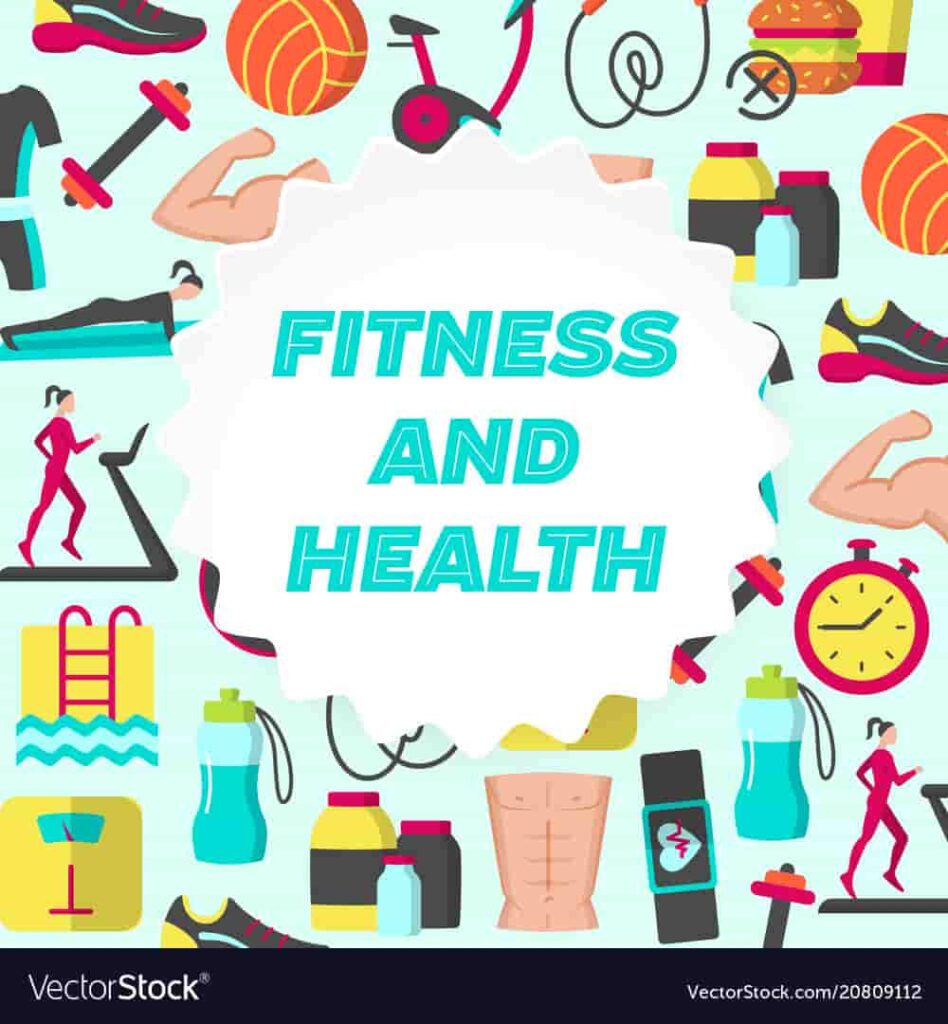
To build a well-rounded approach to fitness and health, your lifestyle should include the following components:
1. Physical Exercise
Incorporate different types of workouts to target various areas of fitness:
Cardiovascular Exercises: Walking, running, cycling, and swimming improve heart health and burn calories.
Strength Training: Lifting weights or using resistance bands builds muscle mass and increases metabolism.
Flexibility and Balance: Yoga, pilates, or stretching improve mobility and prevent injury.
Tip: Aim for at least 150 minutes of moderate-intensity exercise per week, or 75 minutes of high-intensity exercise.
2. Nutrition and Diet
Your body needs the right fuel to perform and recover.
Eat a variety of fruits, vegetables, whole grains, lean proteins, and healthy fats.
Stay hydrated by drinking at least 8 cups of water per day.
Limit sugar, salt, processed foods, and unhealthy fats.
Remember: You can’t out-exercise a bad diet.
3. Quality Sleep
Sleep is when your body recovers, repairs, and recharges. Poor sleep leads to fatigue, poor focus, weight gain, and a weakened immune system.
Adults should aim for 7–9 hours of sleep per night.
Maintain a consistent sleep schedule, even on weekends.
Create a sleep-friendly environment—cool, dark, and quiet.
4. Mental and Emotional Health
Your mental state directly impacts your physical health.
Practice mindfulness, meditation, or journaling.
Take breaks and enjoy hobbies.
Connect with loved ones and seek support when needed.
Creating a Sustainable Fitness and Health Plan
Many people start with enthusiasm but quickly lose motivation. Sustainability is key.
Here’s how to build a long-term fitness and health routine:
Set SMART Goals: Specific, Measurable, Achievable, Relevant, and Time-bound.
Track Your Progress: Use a journal or fitness app to monitor workouts, meals, and habits.
Stay Consistent: Make fitness a part of your daily life, not just a temporary goal.
Mix It Up: Vary your workouts and meals to avoid boredom and plateaus.
Reward Yourself: Celebrate milestones to stay motivated.
Fitness and Health for Different Age Groups
Everyone can benefit from fitness and health, regardless of age or fitness level.
Children and Teens: Should be active for at least 60 minutes a day to support growth and development.
Adults: Need a balanced mix of cardio, strength, and flexibility to maintain weight and prevent disease.
Seniors: Should focus on low-impact activities like walking, tai chi, and stretching to improve balance and mobility.
Overcoming Common Barriers
Many people struggle to maintain a healthy lifestyle due to lack of time, motivation, or resources. Here’s how to overcome these challenges:
Lack of Time: Try short 15-20 minute workouts or walk during breaks.
Lack of Motivation: Find a workout partner, join a class, or hire a personal trainer.
Injuries or Health Issues: Consult a doctor or physiotherapist and adapt exercises to suit your condition.
Final Thoughts: Your Journey to Better Fitness and Health Starts Now
The journey to optimal fitness and health is not about quick fixes or extreme diets. It’s about creating small, sustainable changes that become lifelong habits. Whether you’re just starting or looking to take your health to the next level, remember: consistency is more important than perfection.
Make your well-being a priority today. Invest in yourself, move your body, eat mindfully, rest well, and nurture your mental peace. The best project you will ever work on is YOU.
Conclusion:
Prioritizing fitness and health is not just a trend—it’s a lifelong investment in your well-being. By incorporating regular physical activity, balanced nutrition, sufficient rest, and mindful practices into your daily routine, you can significantly enhance your quality of life. Achieving a healthy lifestyle doesn’t require perfection; it requires consistency, commitment, and a positive mindset. Remember, small daily choices lead to big long-term results. Start where you are, use what you have, and do what you can—because your health is your greatest asset.






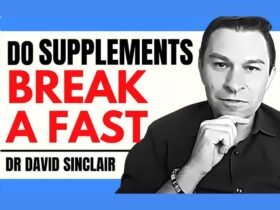
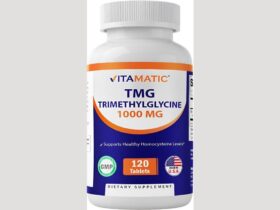
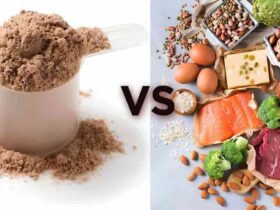






Leave a Reply